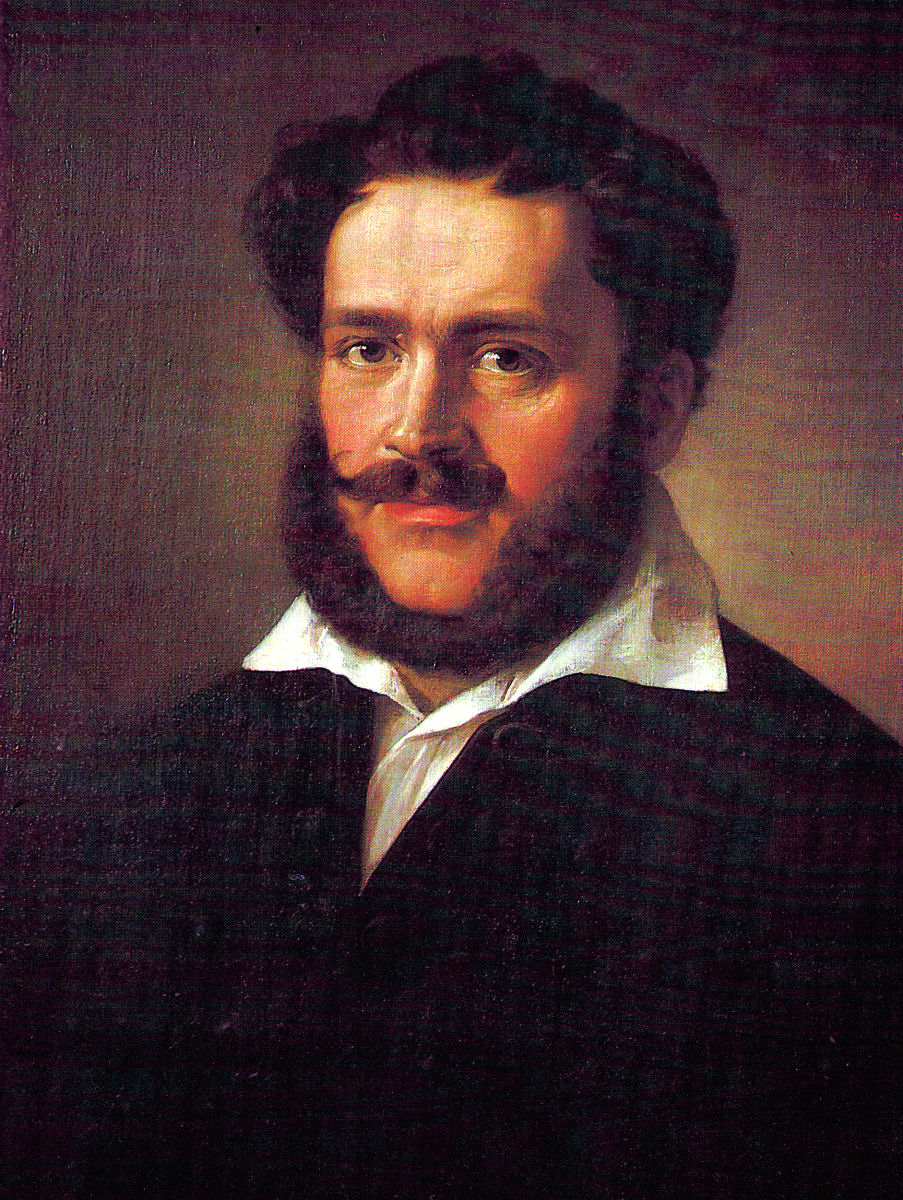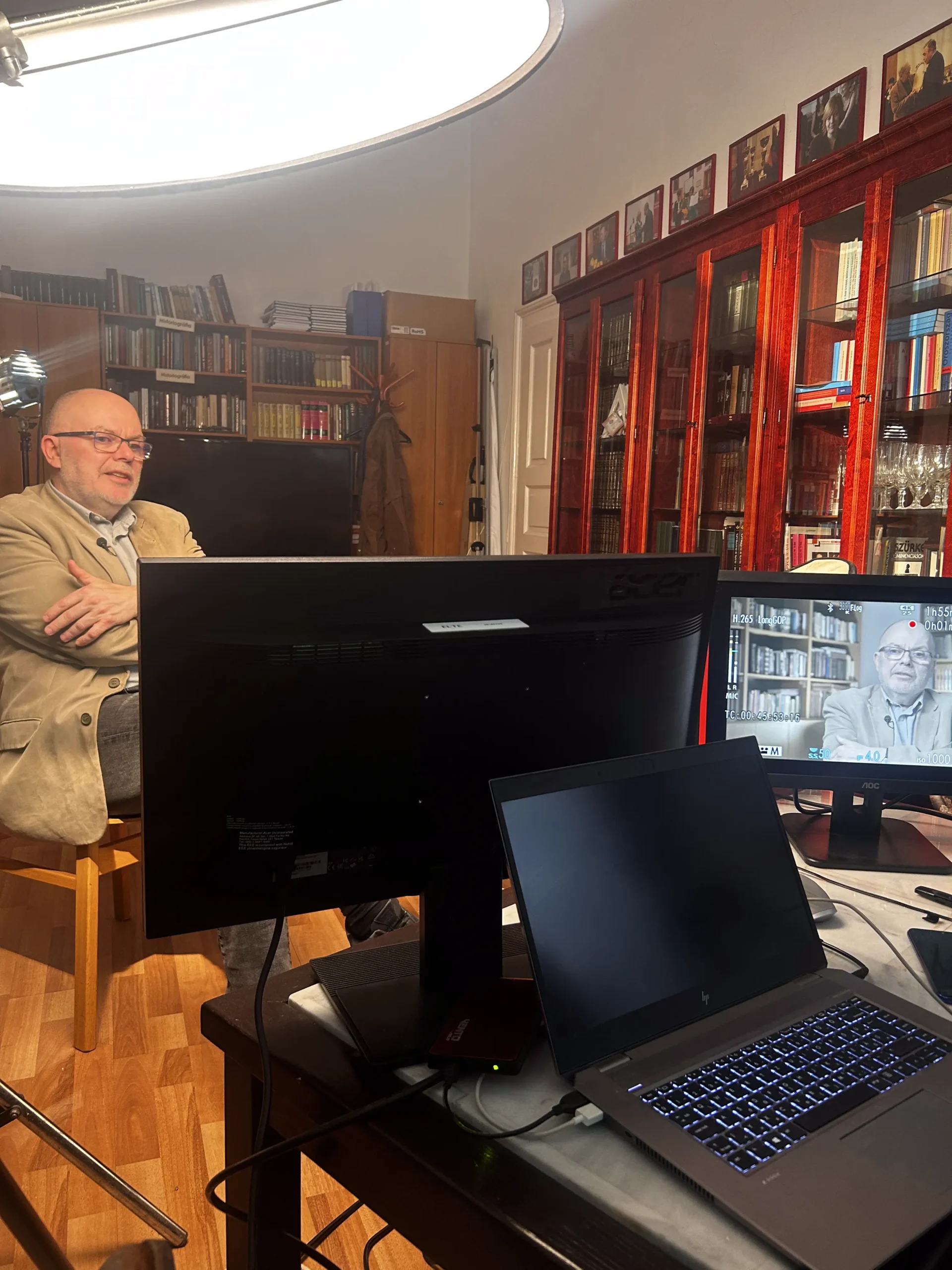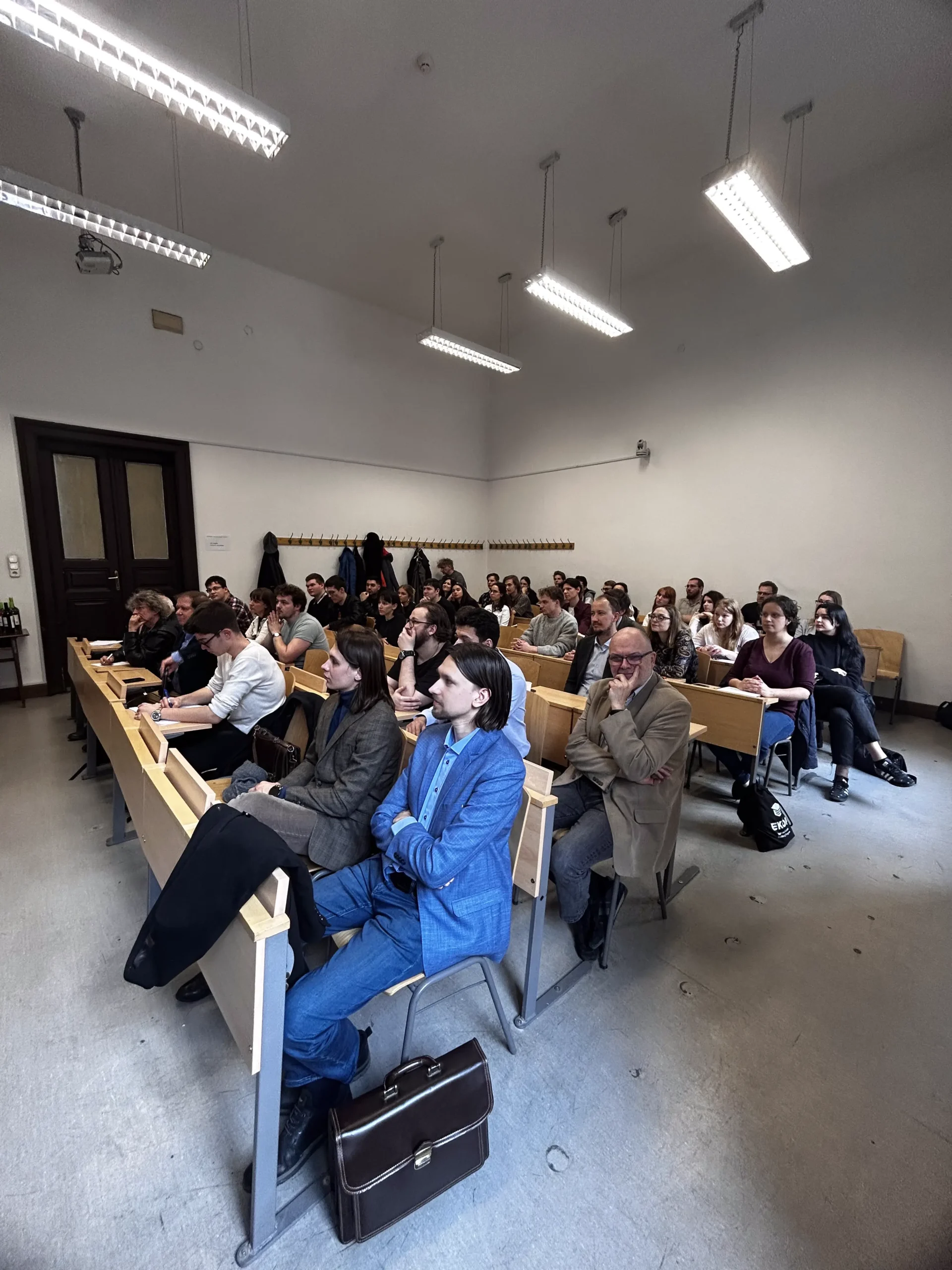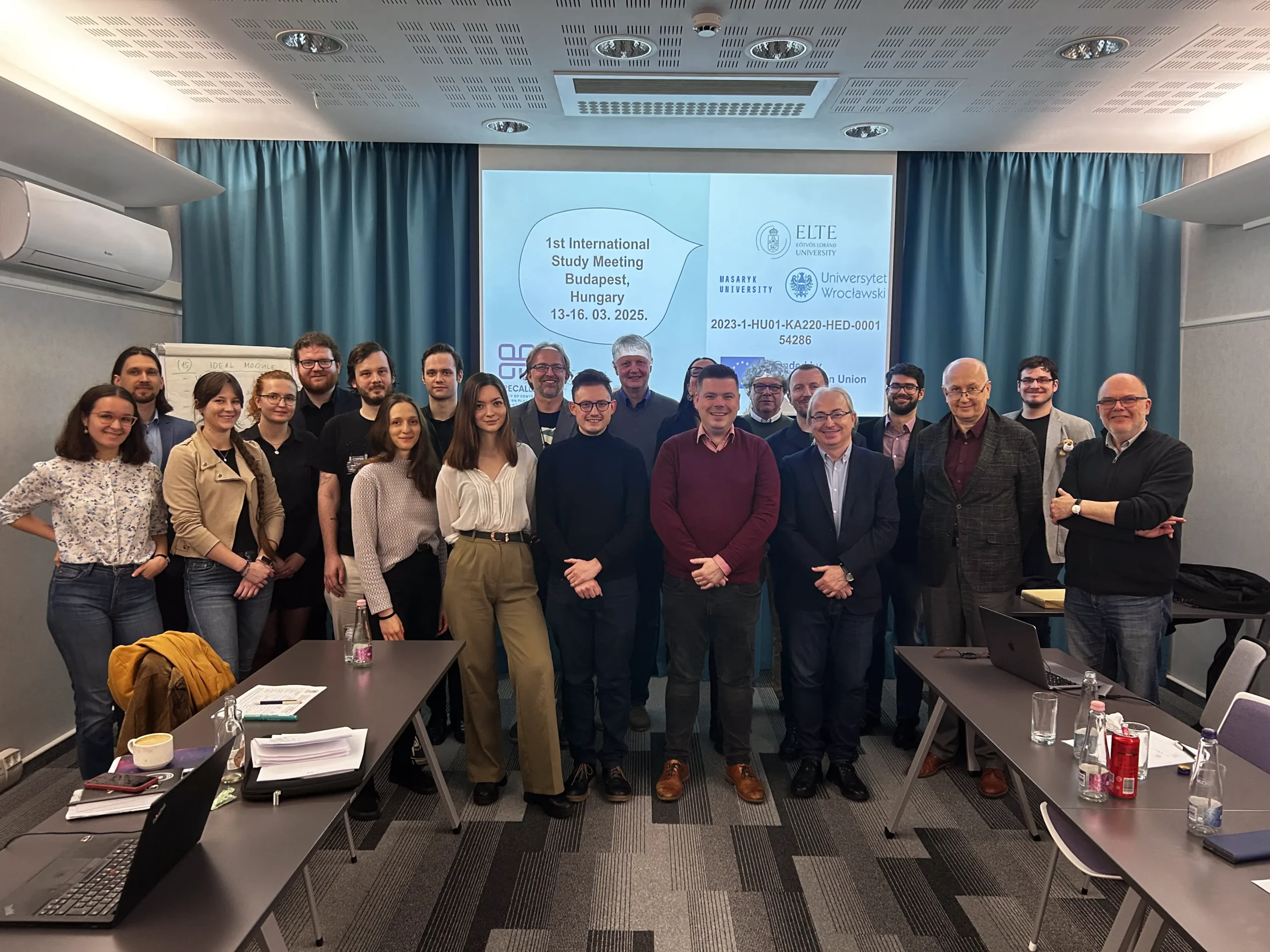Baron Miklós Wesselényi: The Appeal in the matter of Hungarian and Slavic nationality. Leipzig, 1843 – Zsibó (Jibou)
Fact of the Hungarian figure „No. No. Never.” – Treaty of Trianon”
Part of the „The myth of national disaster” topic
Baron Miklós Wesselényi, a prominent Hungarian nobleman and reformer from Zsibó (now Jibou, Romania), played a significant role in shaping the national consciousness of Hungary during the 19th century. His 1843 work, The Appeal in the Matter of Hungarian and Slavic Nationality, published in Leipzig, addressed the complex and often contentious relationship between the Hungarian and Slavic peoples within the Habsburg Empire. Wesselényi’s writings reflected his deep concern for the rights and identities of the various nationalities living within the empire, advocating for mutual respect and cooperation.
Wesselényi’s appeal was a precursor to the national struggles that would later culminate in the events surrounding the Treaty of Trianon in 1920, where Hungary lost significant portions of its territory to neighboring countries, including many regions with mixed Hungarian, Slavic, and other ethnic populations. The Trianon Treaty, which followed World War I, drastically redrew the borders of Central Europe, creating deep national resentments and enduring tensions between Hungary and its neighbors.
Wesselényi’s ideas on the coexistence of nationalities within a multi-ethnic empire resonate with the broader Central European context, where the balance of power and the rights of national minorities have been recurring themes. His advocacy for a harmonious relationship between Hungarians and Slavs can be seen as an early attempt to address the ethnic complexities that would later be exacerbated by the disintegration of the Austro-Hungarian Empire and the subsequent impact of the Trianon Treaty.
In the shadow of Trianon, Wesselényi’s work serves as a reminder of the challenges of fostering unity and understanding in a region marked by diverse national identities. His vision of cooperation and mutual respect remains relevant as Central Europe continues to navigate the legacy of its past and the ongoing quest for stability and harmony among its nations. The historical significance of Zsibó and Wesselényi’s contributions to the discourse on nationality highlights the enduring importance of these issues in the region’s collective memory.





